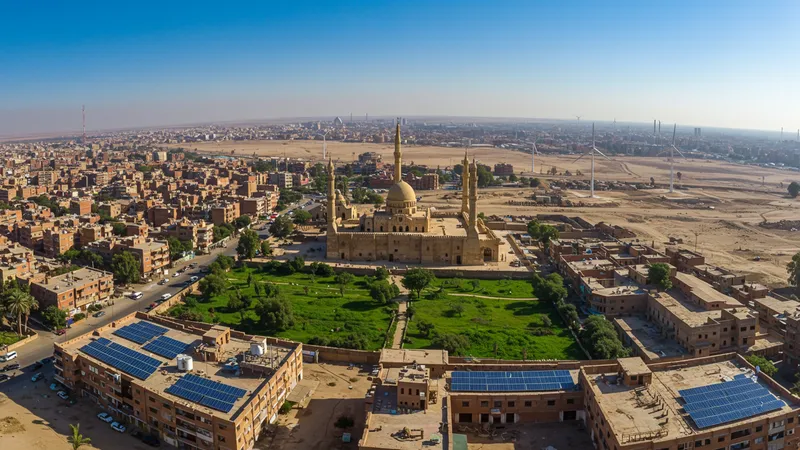
How Solar Energy Is Changing Homes In Egypt
Sustainability Beyond Energy Savings
It’s easy to focus solely on the economic savings solar offers, but a broader impact lies hidden in plain sight: environmental revival. Egypt’s historic struggle with pollution finds an ally in solar energy, reducing reliance on fossil fuels that darken skies and jeopardize health. Air quality improvements are just the initial ripple in a wave of change sweeping across the country, bringing an unexpected green renaissance to arid landscapes.

Increased adoption of solar systems spells a reduction in carbon footprint across urban and rural areas alike. Imagine cityscapes breaming with cleaner air, once suffocated by endless traffic emissions now freely breathing. This isn’t just about saving money; it’s a lifeline for the environment itself. But environmental rejuvenation prompts yet another stimulating thought.
With solar taking stage, there’s a fascinating push toward sustainable living practices among Egyptian communities. Gardens flourish, irrigation improves, and even aquaponics—a creative solution for food scarcity—basks in newfound solar glory. Concurrently, this movement fosters an educational surge as schools incorporate solar technology into their STEM curriculums, inspiring a new generation of eco-warriors.
A notable uptick in jobs related to solar energy emerges as well. Employment opportunities explode, from installers to educators teaching the next wave of solar pioneers. The once limited job market finds vigor and diversity through this solar revolution, challenging traditional job sectors. The revelations so far just scratch the surface of this groundbreaking shift.